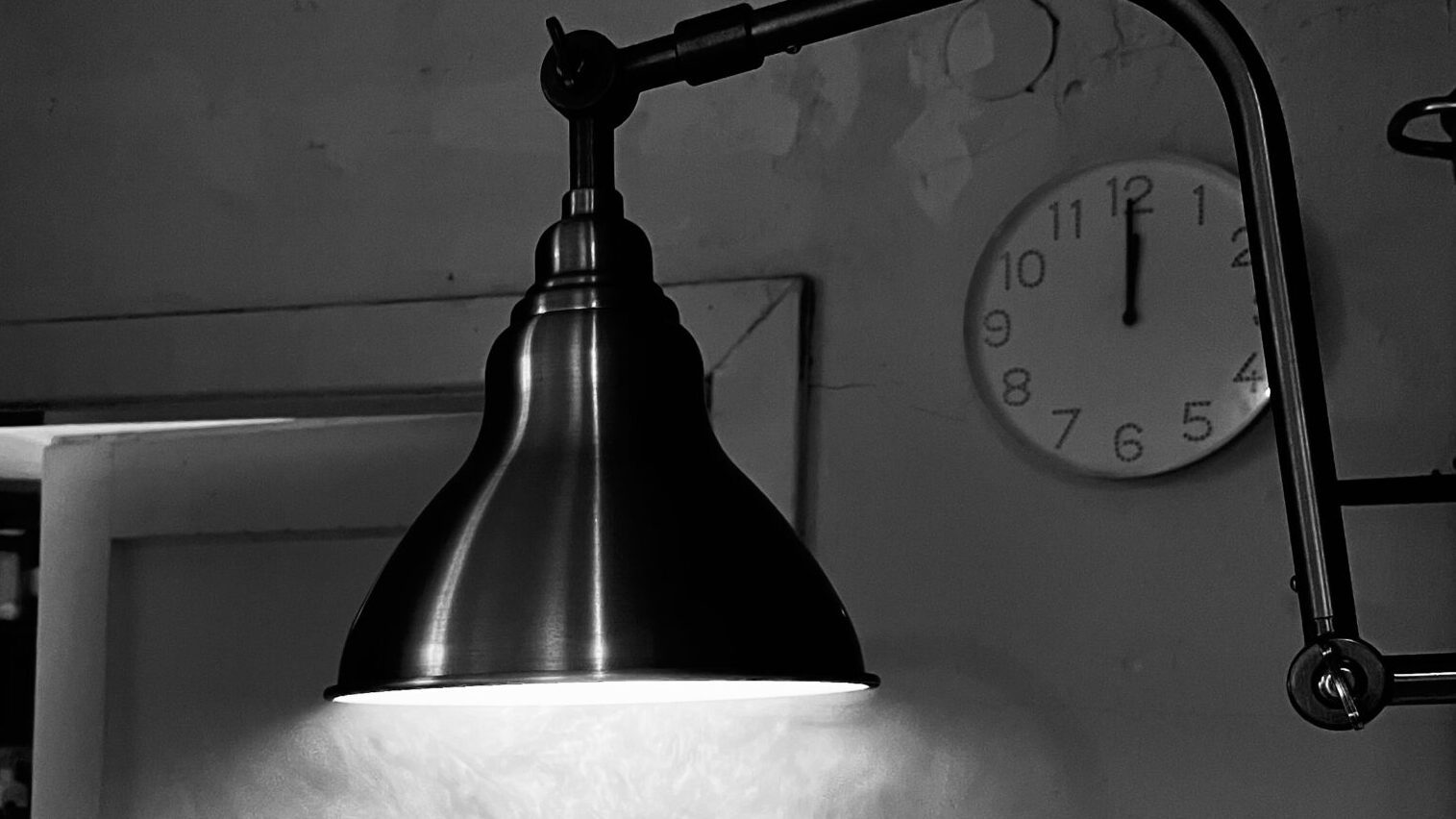Dance with the absurdity of life
Academia Noir thrives on black humour. Howling laughter preserves the Giddy Mind from drifting into insanity — or worse.
Black humour is our most loyal companion on the road to truth — or should that be the road to non-truth? —, a twisted path where the trees of reason sway with the weight of absurdity.
Cheerfully, the Noir Academian meditates on the absurdity of life. She whistles while she necropsies the last remnants of Homo Sapiens’ bygone glories. Juxtaposed with a sense of intellectual detachment, black humour arms the Noirist against the Powers of Bleakness.
The situation might be hopeless, but it is certainly not serious.
Black humour, in its essence, is a blend of satire, cynicism, and scepticism. The term is said to have been coined by the Surrealist André Breton in his Anthologie de l’humour noir (1940). Black humour obsesses over the macabre, the grotesque and the absurd. It revels in morbid and taboo subjects like death, suffering, or existential anxiety. It derives its jests from the absurdity of human existence itself.
Memento Mori, too, fills the noir heart with gladness.
If you can’t laugh at the absurdity, can you even begin to understand it?
In the realm of Academia Noir, where the shadows whisper deeper truths than light ever could, black humour is a sword, not a shield. It doesn’t protect you from the darkness — it invites you to dance with it. To unflinchingly confront the vastness of cosmic indifference, with a wicked smile and a healthy dose of snark.
(Strictly on a side note: could humour be the unique, authentic trait of "behavioural modernity"?
(The short answer is: "No."))
In an age where truth is fractured and meaning is negotiable, black humour isn’t just an indulgence — it’s a philosophy. It’s a stance, a method of engagement with the darker, uncharted, and often frightening parts of life. It builds the very core of intellectual resilience. It is a razor-sharp tool for anyone brave enough to peer into the Unknown and still find a way to laugh at the futility of it all.
“Fortune is the least capricious of deities, and arranges things on the just and rigid system that no one shall be very happy for very long.”
Evelyn Waugh, Labels (1930) and A Handful of Dust (1934)
The darkness of our explorations is matched by the sharpness of our wit. Black humour is not a shield — it is a blade, cutting through hypocrisy, fear, and illogicality.Without humour, the abyss will consume us.
Academia Noir is not for the faint of heart.
It’s a realm for the bold, the curious, and the slightly unhinged. For those willing to explore the darkest corners of existence and confront the non-sensicality of life and the human condition.
Drawing from traditions like Existentialism and Zen Buddhism, Black Academia embraces impermanence and finds peace in the absurd.
THE GLEE OF ZEN BUDDHISM
Zen Buddhism and black humour may seem like an unlikely pairing, but they intersect in interesting ways. Their focus is on the absurdity of existence and how to confront life’s darker aspects. They share a love for the farcical and a grim, dark sense of comedy.
They wear the same dark, mischievous smile, like old friends who know that life’s incongruities are not to be solved, but savoured. They share the same cosmic joke. And dance with it, grinning like madmen.
Zen Buddhism emphasises intuition and direct experience over theoretical knowledge. Zen’s teachings often embrace paradox and a dark, sardonic humour in its kōans, teachings, practices, and stories.
A scholar visited Nan-in to learn about Zen. Nan-in served tea, filling the scholar’s cup until it overflowed. The scholar exclaimed, “Stop! It’s full!” Nan-in replied, “Like this cup, you are full of your own opinions. How can I show you Zen unless you first empty your cup?”
The Zen approach invites us to sit with the dark side of existence, watch it unfold, and find peace in its ludicrousness. Black humour, its enfant terribe friend, on the other hand, smirkingly rushes in where Angels fear to tread, turning the most terrifying truths into punchlines. Both methods take the same raw material—the absurdity of life—and transform it into hooting laughter.
The Noir Academian knows that it’s about not solving the puzzle — and accepting that it is, and always will be, a heavenly hoax. In the end, both Zen and black humour remind us: life is too strange not to be laughed at.
They confront the Condition Humaine with irreverence, embracing the transience of life through mockery and defiance. They find peace in the absurd and defy the ineffable and paradoxical nature of reality with grim comedy and unnerving statements. Their attitude is one of snark and detachment. They critique societal norms and break through conventional thinking with disrupting kōans and facetious stories that lead to moments of laughter and thundering catharsis.
